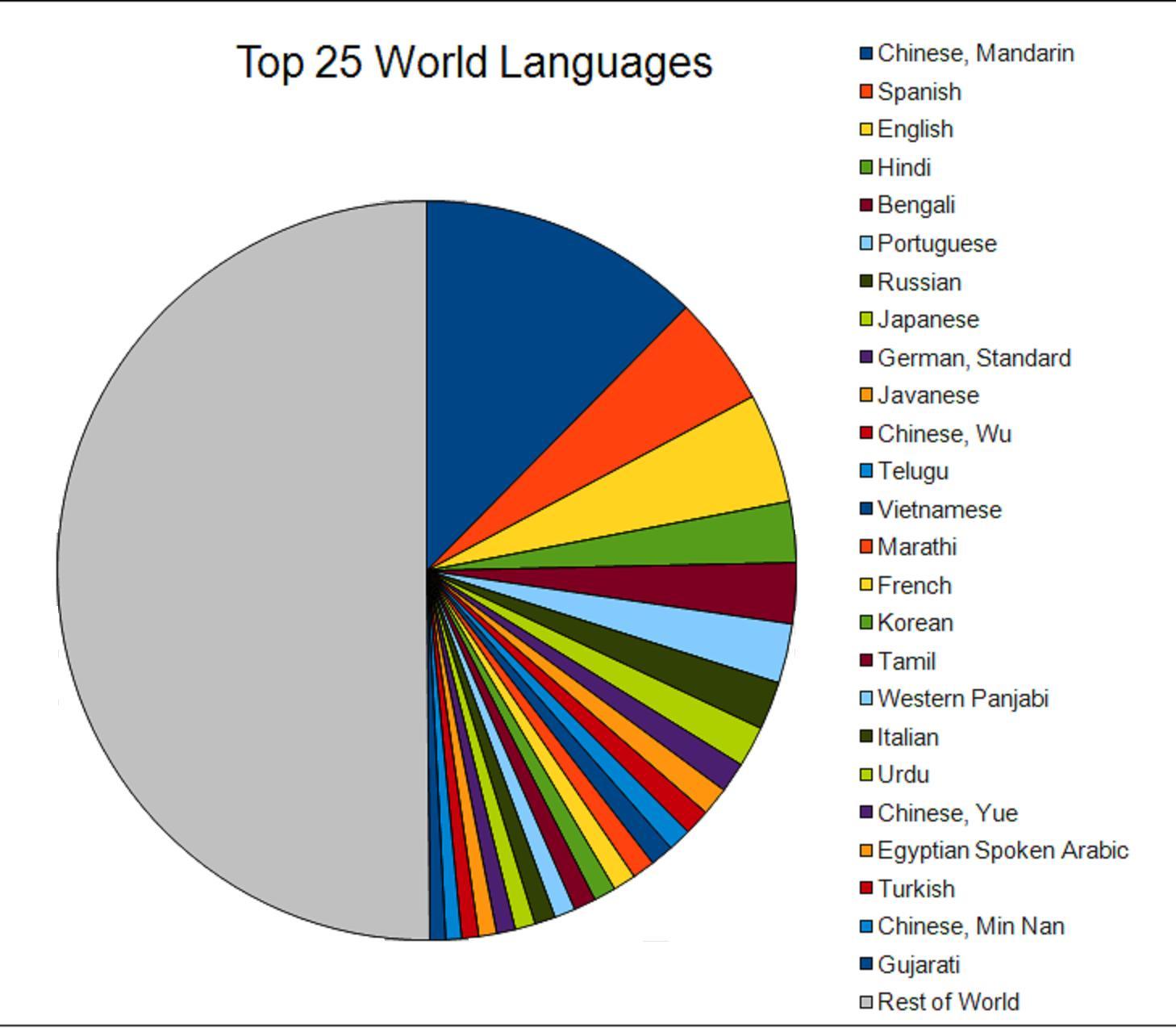
![]() Kathryn Stride
Kathryn Stride
 For those of us who are learning a language, this would come in really handy!
For those of us who are learning a language, this would come in really handy!
I´m sure we have all thought at least once that our memory wasn´t too good.
In my case for example, many times I have been out shopping and then come home only to realise that I have forgotten something! Or have you ever, gone to the bar to order the drinks and completely forgotten what everyone asked for by the time you got there? Or perhaps when being introduced to someone for the first time, you then have felt ashamed because half way through the conversation you can´t remember their name? Remembering a phone number or a new vocabulary word etc etc. It happens to all of us!
One of the best ways to help remember something is by repetition.
For example if we were trying to remember the name of someone we have just been introduced to, we could say the name several times during the conversation. Or to remember a phone number, password, or whatever, we repeat it several times so that it remains imprinted. Or in a language exchange, when learning a new word, try to use it several times so that it ends up being just part of your vocabulary.
Getting enough sleep and rest your mind, eating well, exercising, practicing meditation, or have a wide social network are factors that can help improve memory.
Also, keep in mind that we can also help to develop and improve our memory by using some techniques.
1.- Association and imagination. Connecting what you're trying to remember to related items.
2.- Slicing information. Sometimes if we break information down it is easier to memorise (this can be helpful with phone numbers).
3.- Grouping information. When information is too broken up, then it is better if we put it into small groups. (Example: Learning a string of numbers)
4.- Applying a rhythm or a rhyme. It's easier to memorise a text if you put it to music or intonation. Have you ever realised how many songs you know off by heart?! (Reciting a song or a poem)
5.- Recalling the context. Visualising the moment when we were learning what we are trying to remember.
6.- Exaggerating. If we make something original or absurd the information will be easier to retain in our memory.
7.- Coaching the brain with mind games. The mind also needs training and stimulation.
Now you know some tricks to help you remember your new vocabulary!
And on a final note, here is a curious fact: according to a study published in the British Journal of Clinical Pharmacology (in February 2013) eating chocolate favours our memory due to a component that the cocoa contains (flavanols). These flavanols are related to better cognitive functioning, favouring the generation of neurons and promoting changes in areas related to learning and memory. I´ve never heard a better reason to eat chocolate!

![]() Kathryn Stride
Kathryn Stride
 In a language exchange , as in life itself , sometimes to get a conversation started and to keep it flowing can be a difficult task. Especially if you do not know what to talk about with the other person, whether male or female.
In a language exchange , as in life itself , sometimes to get a conversation started and to keep it flowing can be a difficult task. Especially if you do not know what to talk about with the other person, whether male or female.
For cases where you are at a loss for words or where you think the conversation is dead, here are some useful tips to help you :
- Am I going to ask a closed question? (One where the kind of answer can be just YES or NO). If it is, then we should think about how to ask the same question but in a way that pushes for an open answer, and the other person is forced to extend their response.
- Is this question too personal? Could you make the other person feel uncomfortable? If so, we should find a way to ask it without being so invasive.
- Is it a question you would like answered? If not, think about how we could change it to make it more attractive.
- Am I letting the other person talk without interrupting them with my own comments or by asking consecutive questions?
- Am I actively listening and making it known? Gestures, the use of signs (such as "that's interesting”), or referring to something that the person had mentioned earlier in the conversation.
- Do I understand the occasional silences? And am I aware of when the conversation is coming to a natural end?

![]() Kathryn Stride
Kathryn Stride
Probably you are thinking the most spoken language in the world is English but just to give you an idea, have a look at the ranking below where you will find some really interesting numbers about languages and all speakers of the languages, not only native speakers:

©2025 LanguageLinker.com · Todos los derechos reservados